Plant-based protein: are we being duped?
Australia’s meat, poultry and seafood industries claim that the majority of Australians are being tricked by plant-based protein packaging. Alternative protein producers say there’s no evidence to support this. Now government bodies have also weighed in. Things are getting interesting. Eativity takes a look at the latest developments in the debate.
A senate inquiry into the definitions of meat and other animal products instigated by Queensland senator Susan McDonald is now underway. At least 29 submissions have already been received. And for the first time, the meat, poultry and seafood industries have united. The three released a joint statement calling for truth in labelling for plant-based protein products that use meat and seafood terms and imagery in their labelling and advertising.
“Australians are being misled by manufactured plant-based protein packaging,” a spokesperson for the group says. “We believe clearer labelling standards must be introduced. Concerningly, vulnerable Australians are disproportionally impacted by misleading plant-based protein labelling. The elderly, those with English as a second language and low-income consumers are more likely to mistake the products [for meat].”
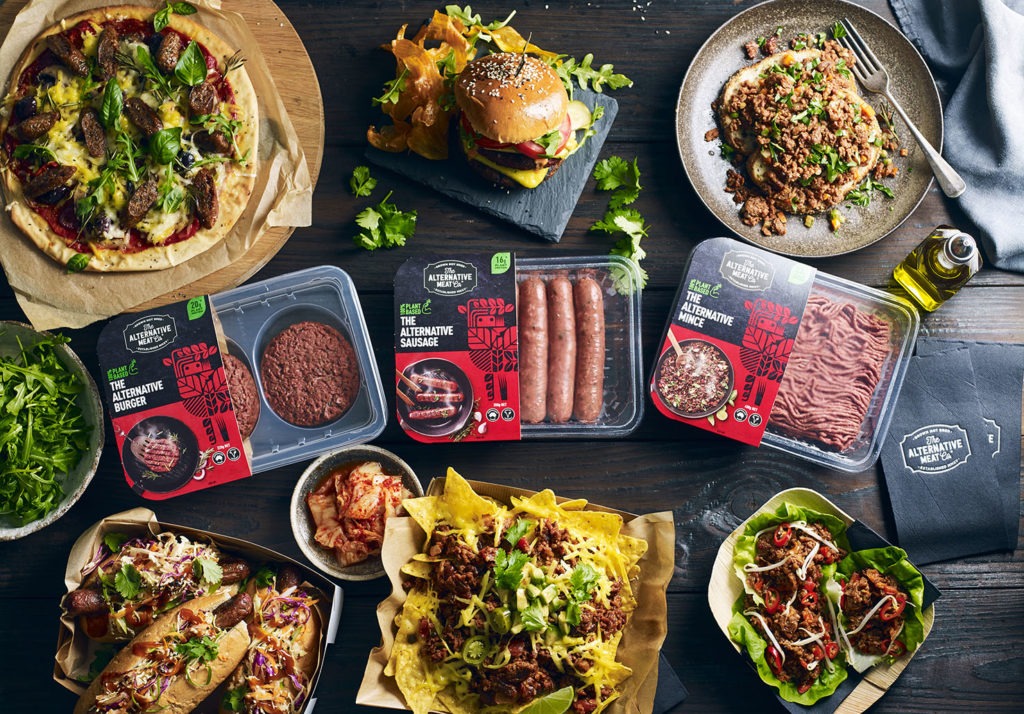
What does the research say?
Research released as part of the multi-industry joint statement from Australia’s meat, poultry and seafood industries found that that six in 10 consumers would be “duped” by the current packaging of plant-based protein, which is allowed to use meat-related terms.
These figures come from a survey of 1000 Australians, which also found close to 75 percent of those surveyed believe plant-based proteins shouldn’t be described as meat. And 73 percent believe clearer labelling standards for plant-based meat needs to be introduced.
However, Food Frontier – an independent think tank for Australia and New Zealand alternative proteins – has analysed more than 250 plant-based meat alternative products available in Australian supermarkets, and found that all front-of-pack labels used at least one term to clearly show they’re free of meat. Eighty-five percent used two or more terms to show they’re meat-free and more than half used three or more terms. Only eight percent of products used an unmodified animal meat term in the product name, and there were 68 percent with no animal meat terms in the name at all.
Another recent study conducted by Cornell University in the US and published in the Journal of Animal and Environmental Law found that “consumers are no more likely to think that plant-based products come from an animal if the product’s name incorporates words traditionally associated with animal products than if it does not”.
The study further claims that omitting words that are traditionally associated with animal products – such as “meat”, “sausage” or “milk” – would make consumers significantly more confused about what these products are and how they should use them.
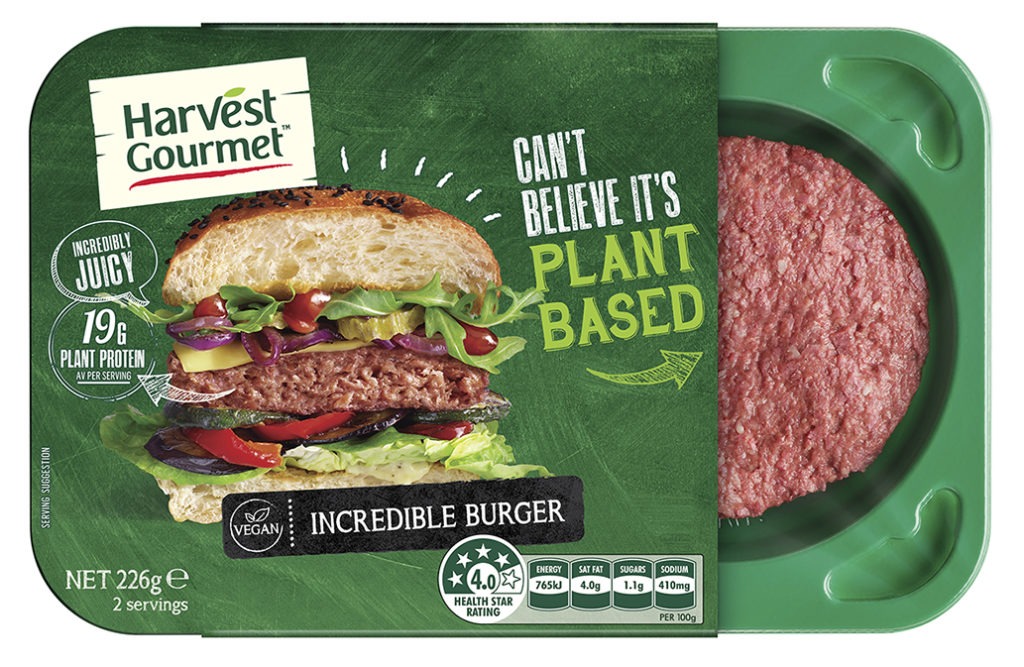
What’s in a name?
The Alternative Proteins Council (APC), the representative group for Australia’s alternative proteins sector, also claims that restricting the use of commonly understood words would generate confusion among consumers. It says in a statement, “the APC is yet to see any evidence which justifies the broad concerns regarding plant-based product labelling and looks forward to presenting the inquiry with evidence to the contrary.”
Aleesha Naxakis from People for the Ethical Treatment of Animals Australia says that plant-based foods are the future, and that our language should evolve with the times.
“If we’re truly moving towards accuracy in food labelling, dairy milk should be called ‘cow lactation fluid’ and eggs should be called ‘chicken ova’,” she says. “Vegan burgers are burgers – they’re just made out of plants instead of animal flesh.”
Founder and CEO of Australian plant-based food start-up Deliciou, Kjetil Hansen, told sustainability media platform Green Queen Media that claiming consumers would be tricked by meat-related terms on plant-based products was an insult to consumers’ intelligence.
“It is insulting to people’s intelligence to claim that they will confuse plant-based chicken with a chicken that ate plants despite clear labelling on the products,” he says. “Instead, this is an attempt to restrict consumer’s choices and erase competition.”
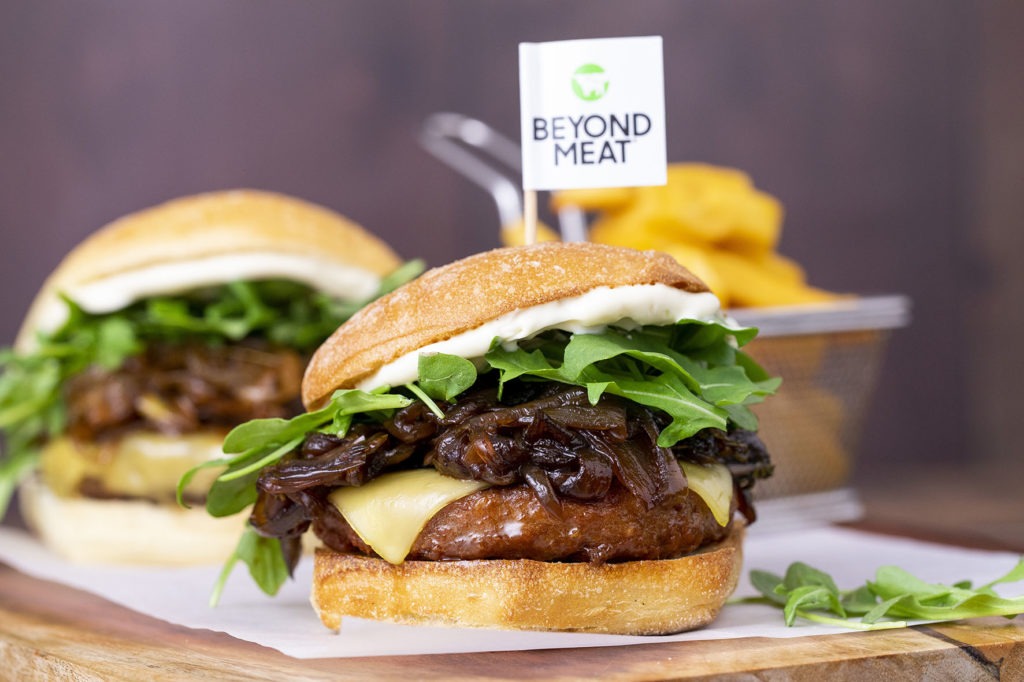
Bringing out the big guns
Government bodies have weighed in on the debate, with Food Standards Australia New Zealand (FSANZ), making a submission outlining sections in the Food Standards Code. While one section states that certain foods sold with a specified name or representation must satisfy “compositional requirements”, an amendment to the code says these compositional requirements must be satisfied “unless the context makes clear that this is not the intention”. So, for a product labelled “meat-free sausage” or “vegetarian sausage”, FSANZ says it’s clear that the product is not a sausage containing meat from an animal.
The Australian Competition and Consumer Commission (ACCC) has also put in its two cents. It made a submission that states it hasn’t received any reports or information to demonstrate that “the labelling of plant-based substitute products is an issue causing consumer detriment”. Further, that “a court would view the overall impression conveyed by the labelling of these products as unlikely to mislead an ordinary consumer”.
The ACCC submission also points out that retailers who sell plant-based protein products locate these products in separate sections from traditional protein products. This makes it even more unlikely that consumers would be misled or confused.
However, in a twist that is genuinely confusing, the ACCC submission was signed by ACCC Deputy Chair Mick Keogh. In 2018, when Keogh was Executive Director of the Australian Farm Institute, he published a blog post that said: “the use of the term ‘meat’ to describe chemically reconstituted artificial protein is not only misleading but is also an attempt to appropriate the value that consumers attribute to products referred to as meat – and are prepared to pay for – to create a market for these new products.”
In the post, he also claimed that using the term “clean meat” to describe plant-based proteins was misleading, and made the suggestion that perhaps an acronym for chemically reconstituted artificial proteins should be used. We’ll leave that one for you to figure out.
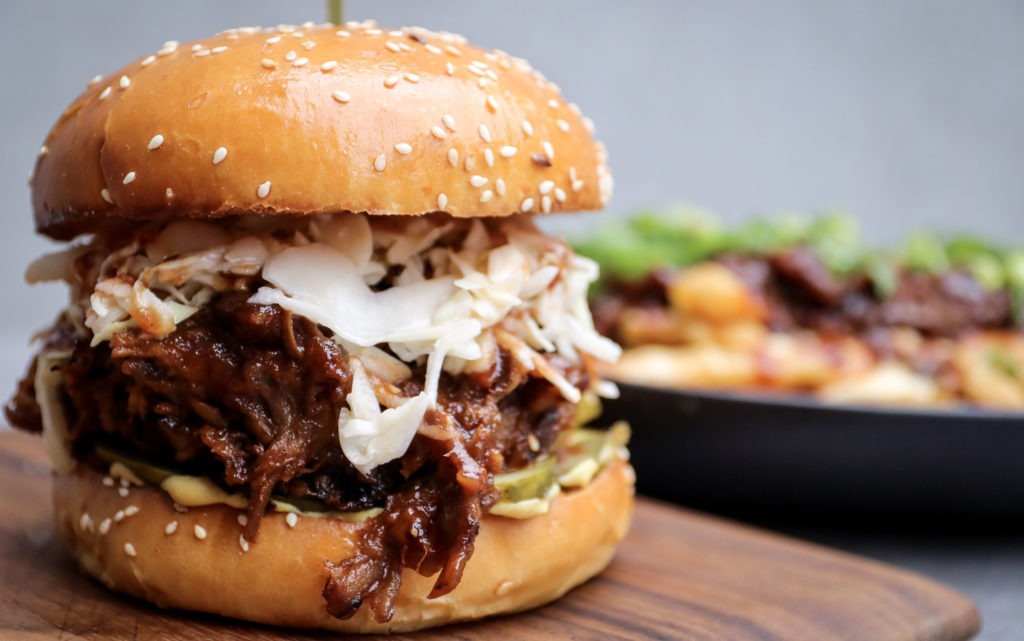
The nutrition question
A key factor in the traditional protein industries’ argument is that plant-based meat products are highly processed, and don’t offer the same nutritional benefits of real meat, poultry and seafood. The National Farmers’ Federation CEO Tony Mahar says that the current use of animal protein language and animal images on plant-based products “has the impact of conveying the nutritional equivalence with animal-based products when often these products are not nutritionally equivalent”.
Australian government scientific research agency the CSIRO has made reference to this issue in its submission to the enquiry. It says that while some protein products are heavily processed, there’s also an association between the consumption of high levels of red and processed meats and an increased risk of colorectal cancer.
“Processing alone does not negatively impact the [plant-based] products,” the submission states. “Rather it is the inclusion of unhealthy fats, high levels of salt and/or sugar.”
The George Institute for Global Health has also made a submission that includes research outlining how heavily manufactured protein products can be high in sodium, but that this is comparable to animal-sourced processed meat. The institute agrees that natural meats that aren’t processed can provide a good source of protein in the diet, as well as a range of nutrients like iron and B12. But it also stresses that there’s a need for most Australians to reduce their meat intake for both their personal health and the health of the environment:
“As manufactured protein products are often fortified with nutrients naturally found in meat, including iron, B12 and calcium, these products can help to provide some of the nutritional benefits of meat for those looking to consume a more sustainable diet.”

We need more protein
By 2050, the global population is set to hit 10 billion. The APC says that if we’re to produce enough protein to feed this many people, both the traditional meat industry and the plant-based protein industry will need to work together.
“The success of both industries will be necessary to meet the clear challenge ahead: to feed a world of 10 billion people by 2050 with finite resources,” the APC statement says.
Food Frontier CEO Thomas King says there’s “overwhelming evidence from global authorities” that we’ll need to diversify our proteins if we’re to feed 10 billion people.
“This inquiry must avoid considering the emergence of new proteins as an ‘either/or’ scenario,” he says. “It’s a scenario where every industry will need to expand and work together to ensure the world’s nutritional needs are met.”

Opportunity knocks but once
The global plant-based meat market was estimated to be worth US$13.6 billion last year. It’s predicted to hit US$35 billion by 2027. Nick Hazell, CEO and founder of Australian plant-based meat company v2food says the plant-based protein industry presents a great opportunity for the Australian agriculture industry to be at the forefront of this growing global market. A market that will also help them to grow and create employment.
“This isn’t about taking a share of the existing animal protein market; this is an additional opportunity to create a new market,” Hazell told 9 News.
The CSIRO says that as Australia is already a major producer and exporter of protein, agriculture is in a prime position to capitalise on the demand for plant-based proteins.
“Australia’s food industry is well placed to develop novel, differentiated protein products that meet the requirements and changing dietary patterns of the modern health- and welfare-conscious consumer,” the CSIRO submission states.
The APC also claims that with the rising protein demands of a growing population requiring more diversification, this opens up new opportunities for Australian farmers
“Cropping accounts for more than half of the value of Australia’s agricultural production, which new protein industries will help grow,” the APC statement says. “Rising investment in plant proteins also generates opportunities for legume and grain growers and farmers with mixed livestock and cropping operations. These investments are already bringing jobs to regional Australia. But our nation has yet to harness the full potential of these industries.”
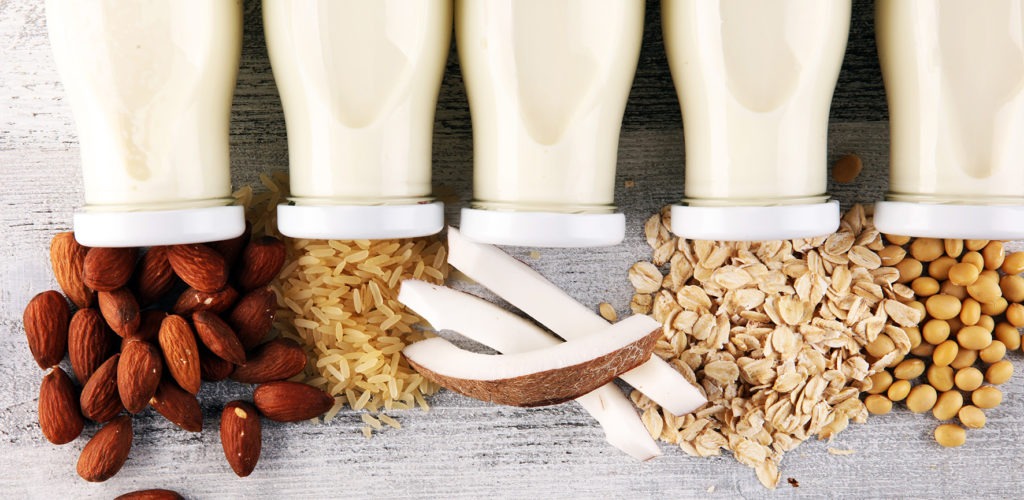
Who will prevail?
More than half a million Australians collectively work together across the nation’s meat, livestock and seafood industry supply chains. It’s no surprise that these industries wish to protect their brands. But whether they’ll be successful in this instance remains to be seen. Similar bills proposing a ban on the use of meat and dairy terms in plant-based protein products have been proposed or introduced in several states in the US. The debate has been raging there for some years, with wildly differing outcomes from various lawsuits no doubt causing far more consumer confusion than a vegetarian sausage ever could.
Last year, the European Parliament voted to reject a “vegie burger ban”. This had been proposed to forbid plant-based products from using words like “burger” or “sausage”. An earlier ruling from 2017 that had banned plant-based dairy producers from using words like “milk”, “cheese” and “yoghurt” on their products was dropped in May this year.
Here in Australia, the senate committee undertaking the inquiry has quite the task at hand. Intellectual property issues, health and environmental implications, economic considerations and the future livelihoods of Australian farmers are all on the table for discussion. The committee will be presenting its report in February 2022.









